AGA Turns to SBA to Amend PPP’s Interim Guidelines to Allow Small Gaming Companies Access

The American Gaming Association /AGA/, the US gaming industry representative body, has expressed its concerns regarding some of the eligibility rules related to one section of the $2 trillion Coronavirus Aid, Relief, and Economic Security /CARES/ Act, the Paycheck Protection Program /PPP/, valued at $349 billion. Under PPP, small businesses that have up to 500 employees can apply for loans, to the extent of $10 million.
Two-Year Relief Loans for Small Businesses
The PPP is under the US Small Business Administration /SBA/, a federal agency dedicated to small business that provides counseling, capital, and contracting expertise. According to the AGA, however, the problem is SBA’s interim guidelines rely on outdated concepts dating back to 1996, which state that businesses deriving more than one-third of their gross annual revenue from gaming are excluded from the loan programme. The interim guidelines attached to the application for loans under the PPP also state that the loan or part of it can be forgiven only if at least 75% of it goes towards covering payroll costs.
“In SBA’s efforts to quickly issue guidance on the PPP, they relied on antiquated, discriminatory regulations that ignore today’s economic reality and the congressional intent behind the CARES Act, which states that any business concern shall be eligible to receive an SBA loan if they meet specific qualifications regarding their number of employees.”
Bill Miller, President and CEO, AGA
Gaming Revenue Excluded from Support
Initially, the gaming association praised the efforts to pass the unprecedented stimulus package. The AGA is seriously concerned though, that unless the SBA changes the outdated rules, one-third of the US casino industry would be left out of the loans programme as ineligible, in contradiction of the general purpose of the CARES Act and the Congressional intent behind it that “any business concern shall be eligible”.
Furthermore, excluding small gaming companies from the relief loans would affect millions of hard-working people across the states that deserve the same support as the ones from other industries. The PPP loans will be critical for employers to remain connected with their employees, help the latter stay off unemployment and quickly return to work the moment the health crisis situation is resolved.
There is a timing element to the required amendment to the guidelines, too, as the SBA administers applications on the principle of “first-come, first-served’, resulting into more than 17,500 loans totaling $5.4 billion being approved on the very first day.
US Senator’s Letter to US Secretary of Treasury
A day after the AGA issued the statement on its website, US Sen. Mike Rounds from South Dakota, in a letter sent to the SBA and US Secretary of Treasury joined the call for inclusion of the small-size gaming companies into the PPP loans, claiming that leaving these types of businesses outside would cripple the economy of the state.
As per the AGA’s info, 987 out of 989 commercial and tribal casinos across the US are closed, affecting 350,000 small business jobs and impacting on $52 billion annually in small business revenue.
Mike made his mark on the industry at a young age as a consultant to companies that would grow to become regulators. Now he dedicates his weekdays to his new project a the lead editor of GamblingNews.com, aiming to educate the masses on the latest developments in the gambling circuit.



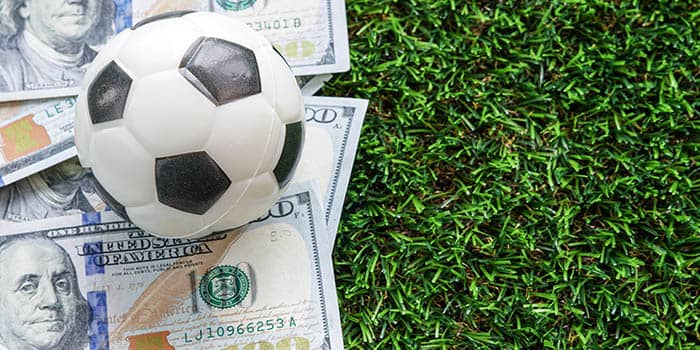
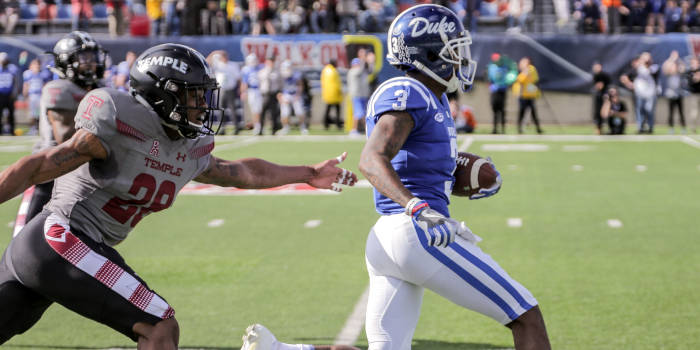



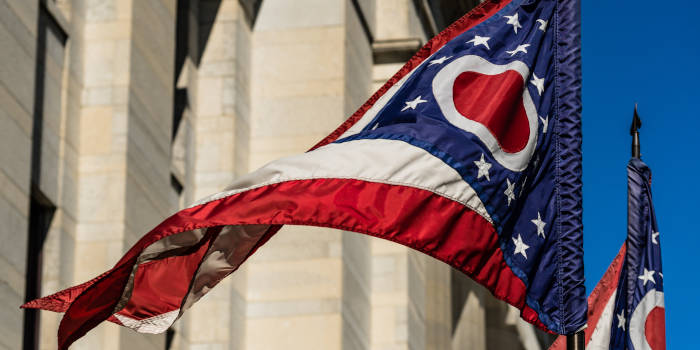


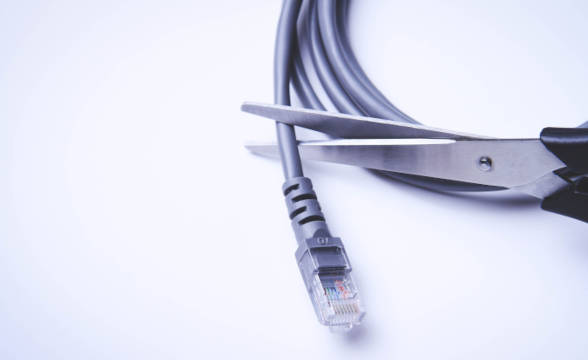
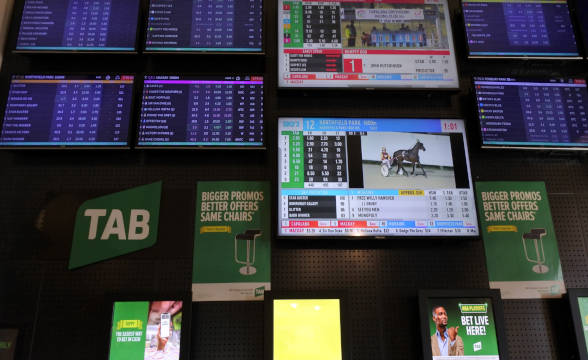

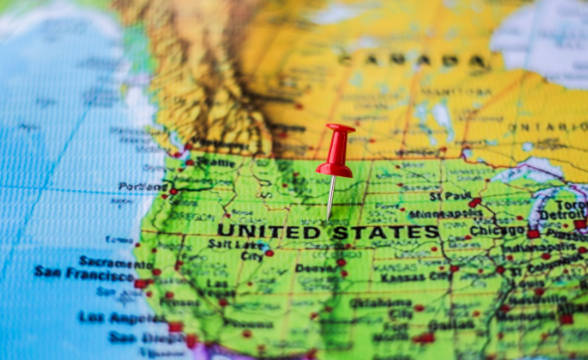
1 Comment
I’m 68 years old, have worked hard since I was 15 years old, paid my bills and taxes. I went into the legal gambling business a year and a half ago due to health issues that keep me from doing something more physical. I invested my retirement funds into this very small business that has 6 machines and 4 employees so I could supplement my Social Security that doesn’t even pay for my monthly house payment. This is a LEGAL business and my state makes a lot of money from me. They take 33% off the top, plus I pay taxes on the 33% that comes to me. I’m at the mercy of the state because I can’t work from home like some. They control my machines and my license’s. Yet, in a time of national emergency, I’m forced to go at least 2 months without income and am not eligible for help that they give to everyone else. Someone needs to explain the reasoning behind this regulation not to help and support this business. I feel betrayed by my government.